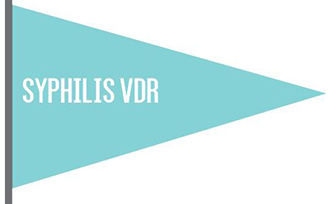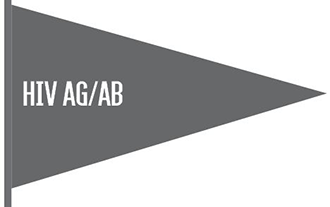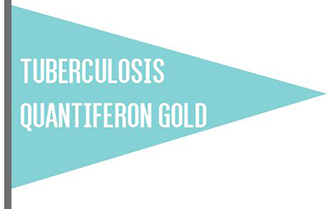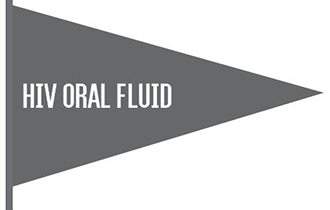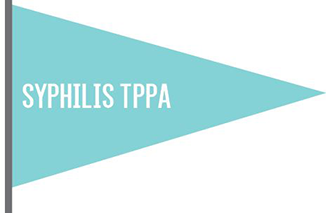

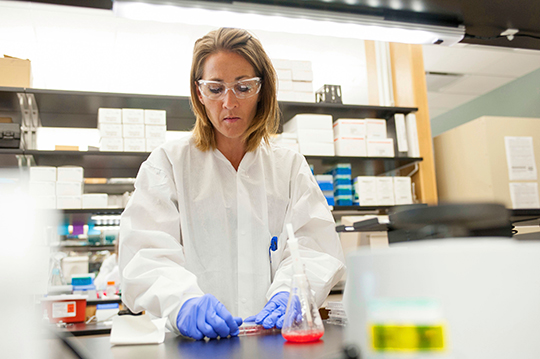
Top Tests
Approximately 50 different assays are currently performed in the Serology section.
Serologic testing is used to diagnose some acute, recent or chronic infectious diseases by detecting antigens or antibodies in the blood. In some cases, when the suspected etiologic agent is impossible, difficult or dangerous to grow in cultures in a routine diagnostic laboratory, serology is the safest, most practical testing method. Monitoring antibody levels that the body produces in response to exposure is important in the medical care of the patient, as well as in stopping the spread of disease from person to person.
The most commonly performed assays help diagnose syphilis, HIV and latent tuberculosis infection. Measles and mumps exposure, as well as mosquito and tick-borne diseases, are some of the commonly requested tests in support of epidemiological investigations performed by the Iowa Department of Public Health. Testing for latent tuberculosis using the QuantiFERON Gold assay continues to increase as more Iowa colleges and universities implement M. tuberculosis screening as an admission requirement for international students from potentially high-risk TB areas of the world.
- Performed over 900 Quantiferon Gold tests in support of several universities and colleges across Iowa.
- Supported IDPH in testing potentially exposed individuals associated with the measles outbreak in early 2015.




